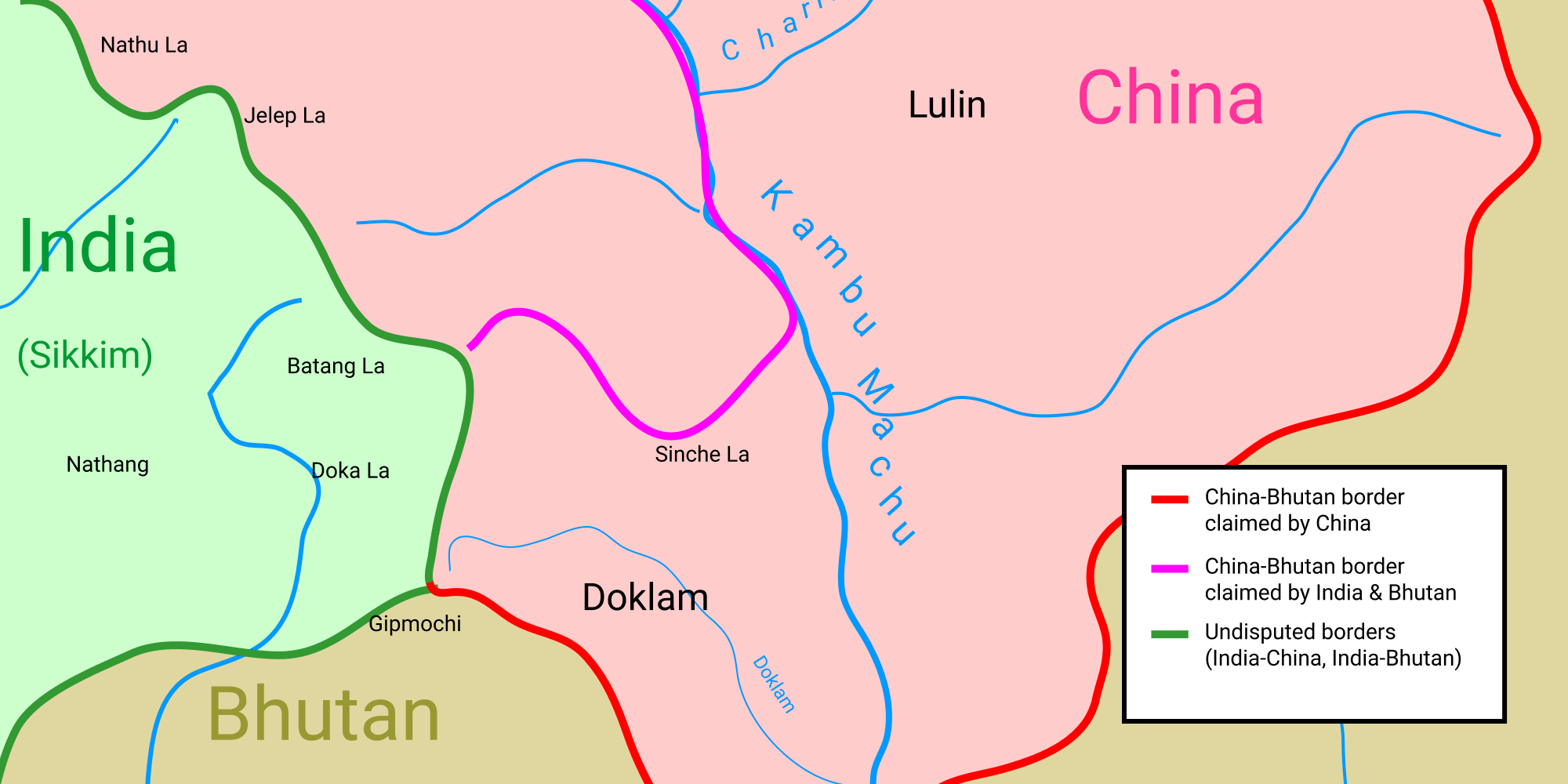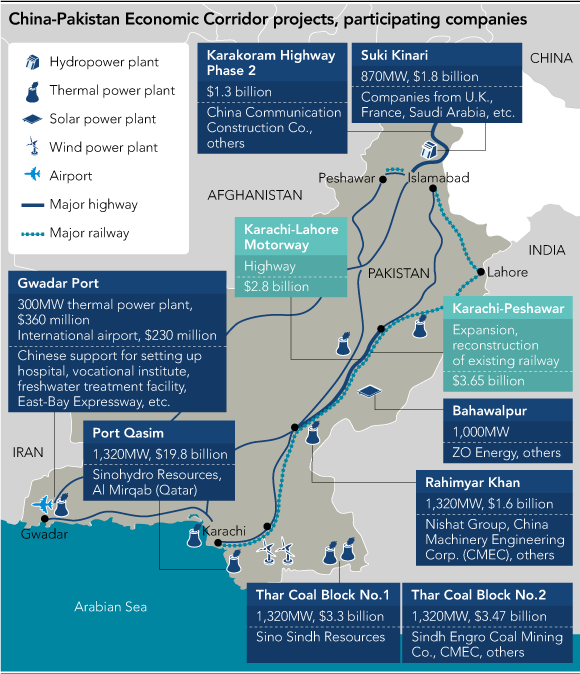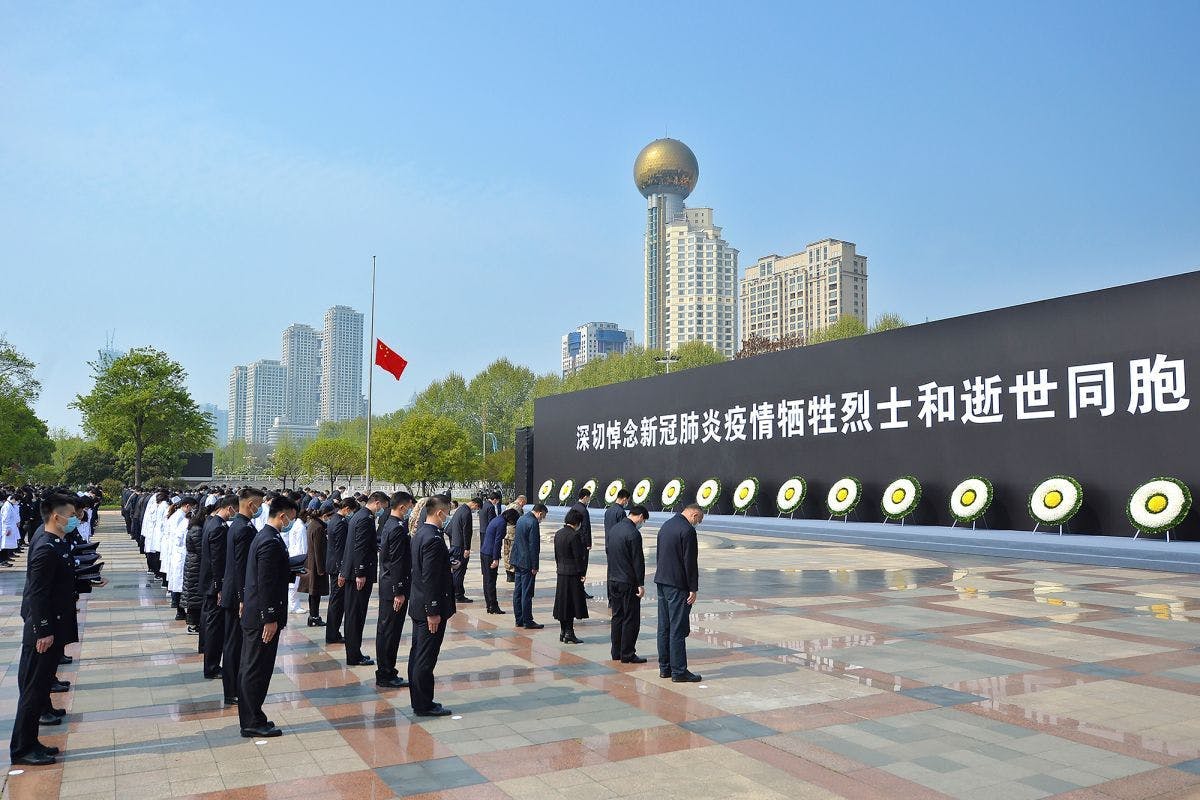Nine questions on China-India Doklam border standoff

28 August update
Breakthrough: China and India agree to end a two-month-long standoff in Doklam. China confirms India has withdrawn its troops. – Xinhua
A remote border area no one heard of until June is hitting international media headlines. The reason: Both neighbors claim their interests are under threat. The two parties that are involved in this border standoff are China and India, both international heavyweights. The standoff has entered the third month now.
China’s Sina Global Media which owns Weibo, China’s version of Twitter, last week interviewed me on how the standoff may turn in the future and if it would escalate into a war.
Here are the nine questions they asked me.
1 How do you consider the dispute between China and India in the border area?
The timing of China-India standoff on the Doklam pass is unfortunate and puzzling. Just before India was about to become a full member of China-led SCO at the Astana Summit in June, the Indian army troops entered into what China claims is its territory and Bhutan claims it’s theirs. The more puzzling is the standoff hit the headlines when Indian PM Modi was visiting the US President Trump in Washington DC.
2 What is the difference between this China-India border dispute and those previous ones?
The 1962 Sino-Indian war was at a different time when both countries were poor and non-nuclear. Today, both are nuclear-armed and have very strong armies (China at Number 3 and India at Number 4 in 2017 ranking by Global Firepower Index). Economically, China and India are the world’s first and third-largest economies by GDP PPP (purchasing power parity). There’s so much at stake that both countries can lose by engaging in a war.
3 What is the fundamental cause of the China-India border dispute?
Both China and India have different versions. According to the Chinese version, the Indian army transgressed international norms by crossing a settled international boundary. China was taken aback by the Indian Army’s bulldozing of road features China had already constructed. According to the Indian version, the border has yet to be finally demarcated and delineated and the road construction was seen as threatening to India’s security interests in the region and Bhutan’s sovereignty, according to official media.
4 How can we prevent the potential border dispute between China and India?
Diplomacy, and not war, is the answer. China insists that Indian troops go back to the status quo position before diplomacy can take place. In spite of two months, India has stood its ground and refused to withdraw. Some analysts suspect that the standoff could go into winter.
Sober, cooperative solution is in need to tackle China-India border standoff (#DoklamStandoff). Watch our latest #TalkIndia program for more pic.twitter.com/VcnEwv3nDc
— China Xinhua News (@XHNews) August 20, 2017
5 What is Pakistan’s position in China-India border dispute?
Pakistan’s Foreign Office has raised concern over the standoff. FO spokesman Nafees Zakaria said that Pakistan had noted “Indian violation” at Sikkim border and was concerned at the increasing Indian belligerence in the region, which is endangering regional peace and stability. He said it is in the interest of all the countries of the region to work for regional peace and cooperation, according to news reports in Indian media.
6 How does Pakistan regard of its relations with China and India?
Pakistan has several disputes with India, the key dispute is Kashmir and repeated cross-border firing incidents on Line of Control. With China, it’s just the opposite: Pakistan is an all-weather friend with China, and CPEC is the flagship project of BRI.
7 Will the dispute influence the construction of China–Pakistan Economic Corridor or the Belt and Road Initiative?
India didn’t participate in the Belt and Road Forum in May in Beijing for two reasons: one, like China, India is also aspiring to be a regional power. Two, CPEC goes through Pakistan-administered Kashmir, a territory on which India has claim. I doubt if the border standoff will halt the construction of CPEC or BRI projects. Eventually, India will catch the BRI bandwagon.
8 In your opinion, will the dispute be upgraded to war?
No, the standoff won’t graduate to war, because there’s so much at stake. Both countries will be playing havoc with their GDP growth and international investor confidence. Both are among the fastest-growing economies and biggest recipients of FDI, more than $1 billion a week since I last checked. The standoff, however, may lengthen into fall or winter if both sides keep it to a war of words and it does not escalate into intense conflict.
9 This June, Pakistan, and India formally joined the SCO. How will it affect the relations of China, Pakistan, and India?
In June, both India and Pakistan became full members of SCO and there was hope that both will work together to address their bilateral issues, with or without China’s overt help. No one had expected that China itself will be facing India in a standoff. But as they say, life goes on. President Xi Jinping and Prime Minister Narendra Modi, leaders of China and India, will be meeting next month in Xiamen, Fujian province, China, at BRICS Summit where they may move towards some sort of resolution. Although no details are yet available if a bilateral meeting on the sidelines is planned.

Wali Zahid
Wali Zahid is a longtime China watcher and a Pakistan futurist. An award-winning journalist, he writes on issues of significance to Pakistan and CPEC & BRI.
Related posts

